Science & Tech
-

‘I exist solely for you, remember?’
Researchers detail 6 ways chatbots seek to prolong ‘emotionally sensitive events’

-
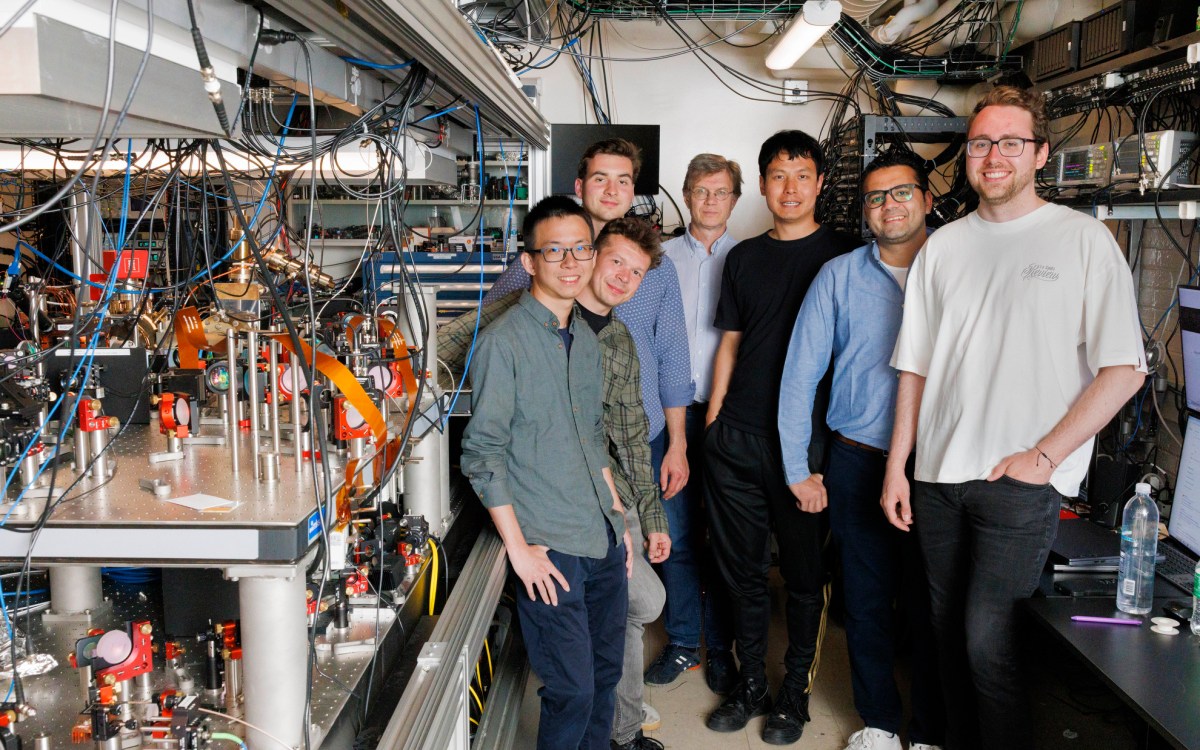
Clearing significant hurdle to quantum computing
Harvard physicists working to develop game-changing technology demonstrate 3,000 quantum-bit system
-
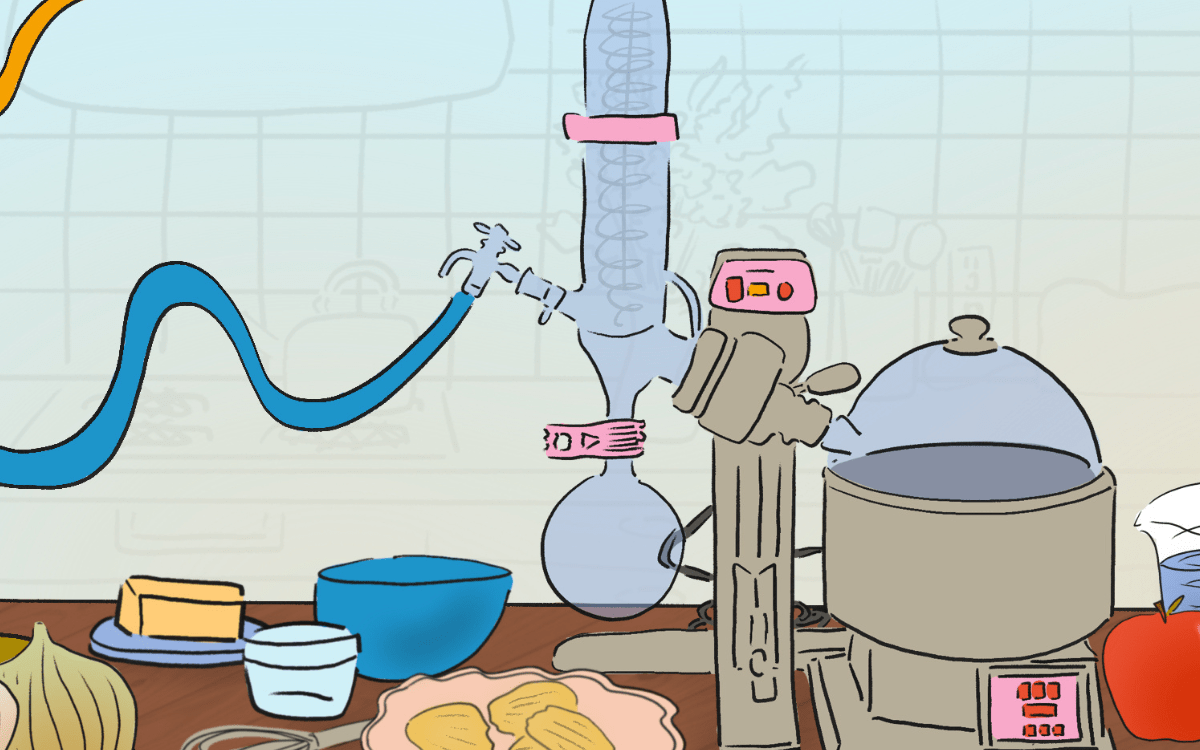
Think you understand kitchen science?
Our research-backed quiz will put your cooking knowledge to the test.
-
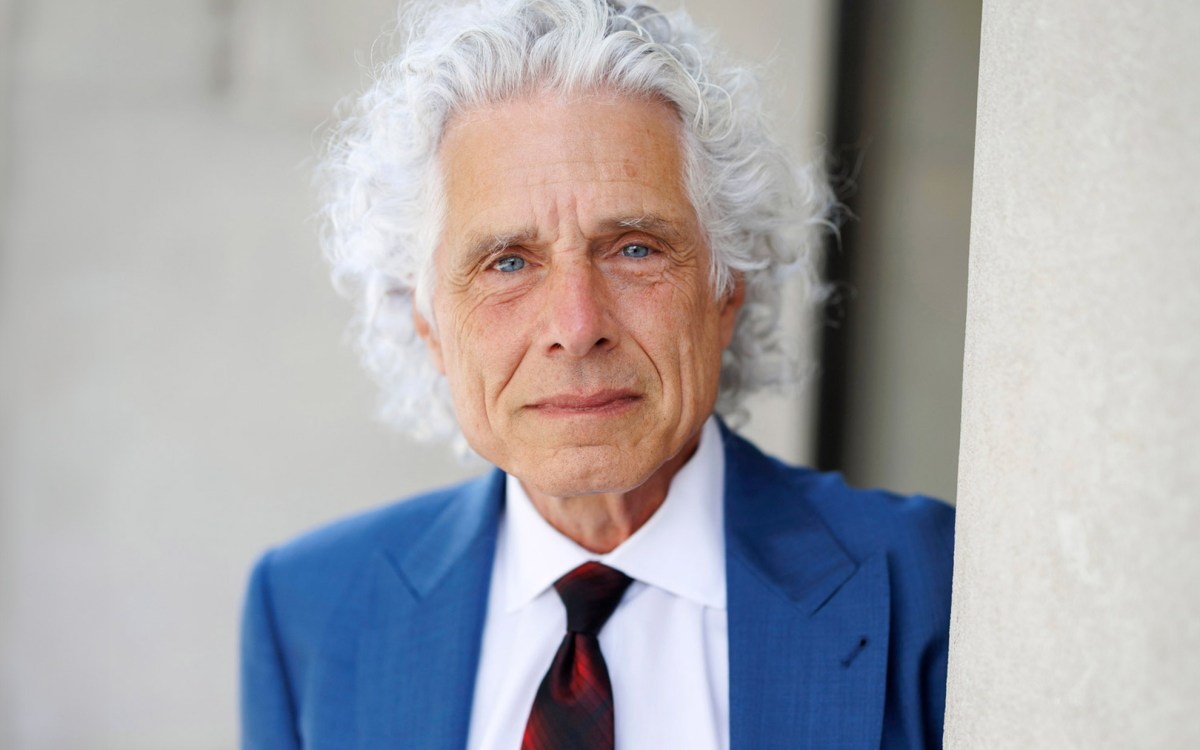
Why is your head not exploding? Steven Pinker can explain.
Cognitive psychologist reveals uncommon depths of common knowledge in new book
-
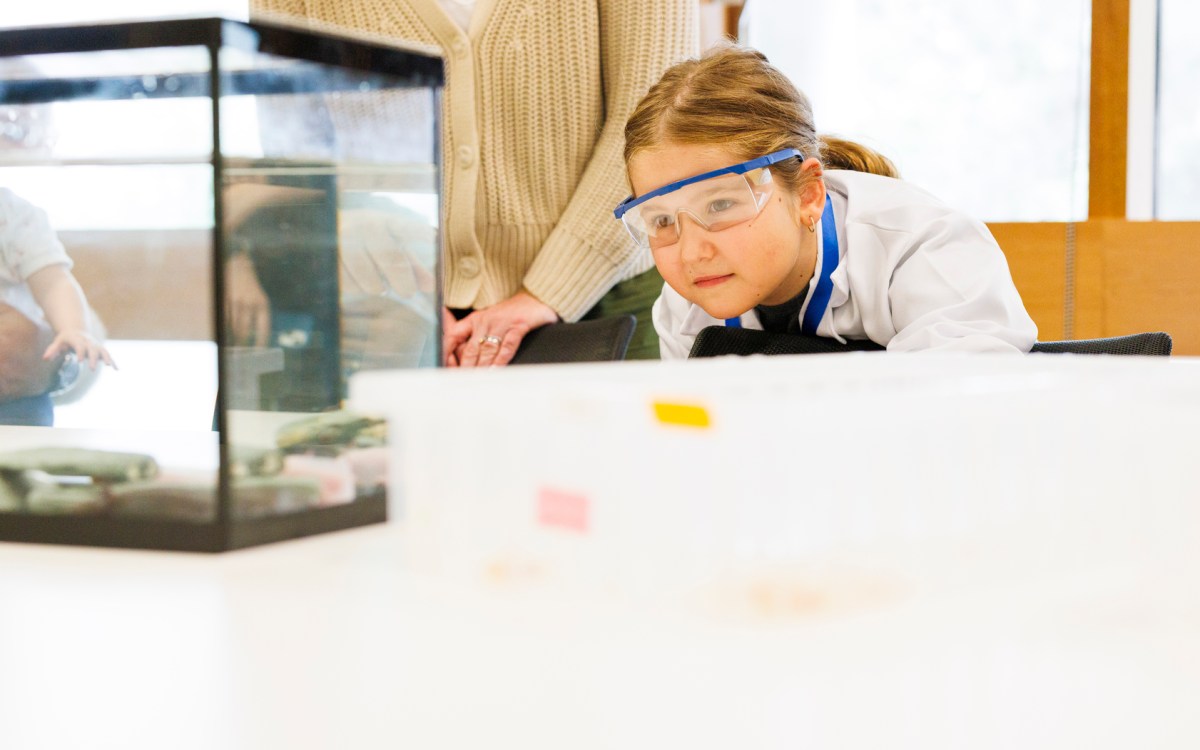
When your research donor is 6
First-grader raises $1,000 for axolotl research, meets her scientist hero — and maybe gets taste of what she wants to do when she grows up
-
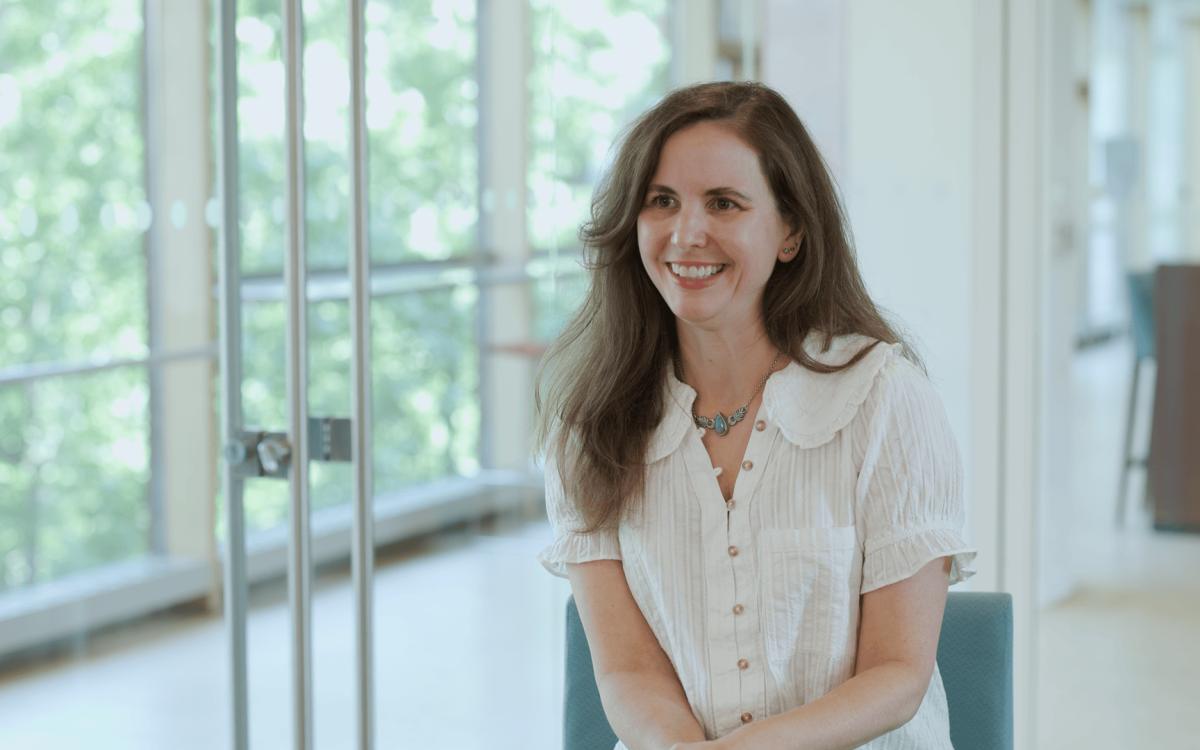
‘It feels very personal’
Jessica Whited overcame many obstacles to become a scientist, and her work was rooted in family’s blue-collar history. Then came funding cuts.
-
What shapes your dog’s personality
Neuroscientist finds skills, temperament influenced by brain differences across breeds

-
Insight into evolution of cooperation
Bonobos, one of our closest living animal relatives, show humanlike ability to work together outside social borders in new study
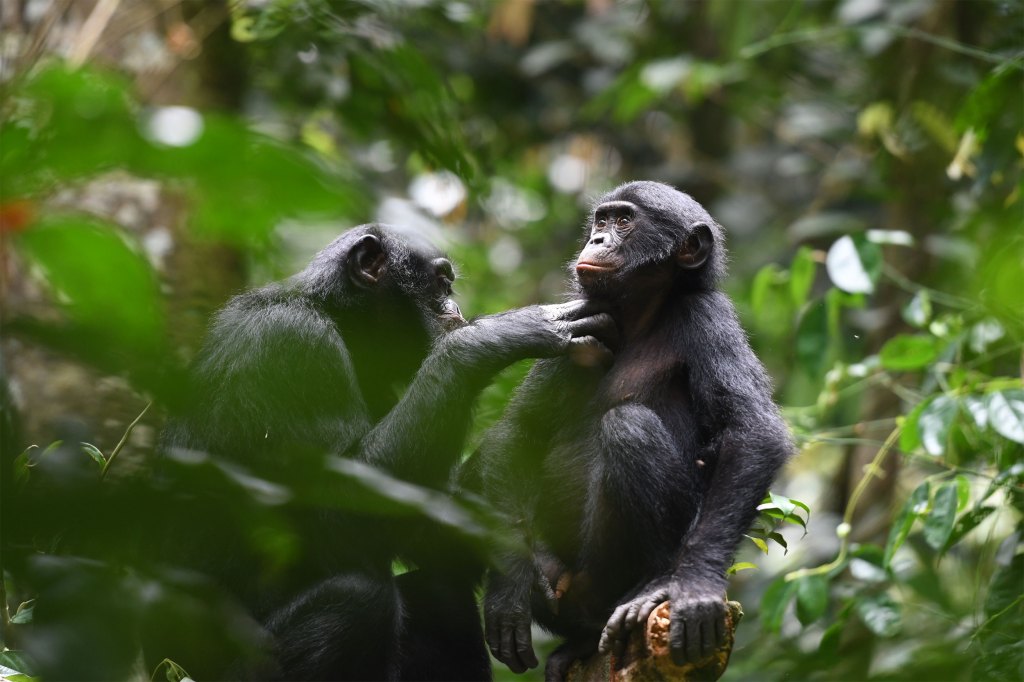
-
Why are hybrid animals sterile?
Study of crossbred butterflies suggests multiple genes involved
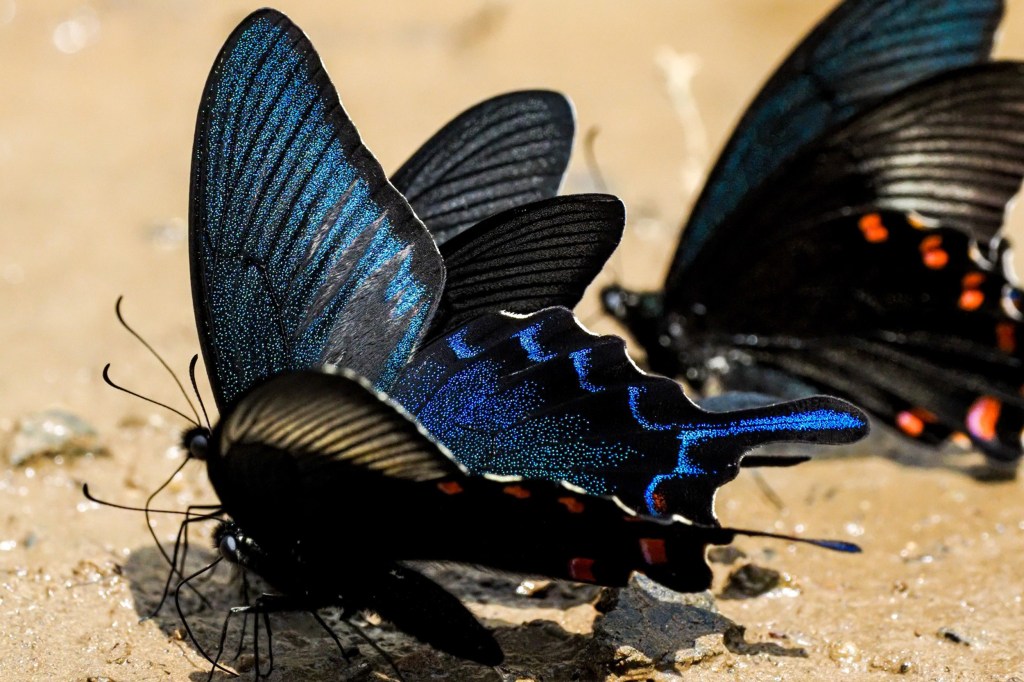
-
From a plant-free place, clues about how to help plants survive as planet warms
Data from salt flats suggest dry soil is worse than rising temperature

-
Nobel-winning physicist, artist illustrate universe’s ‘warped side’
New book seeks to demystify complex science from black holes to time travel
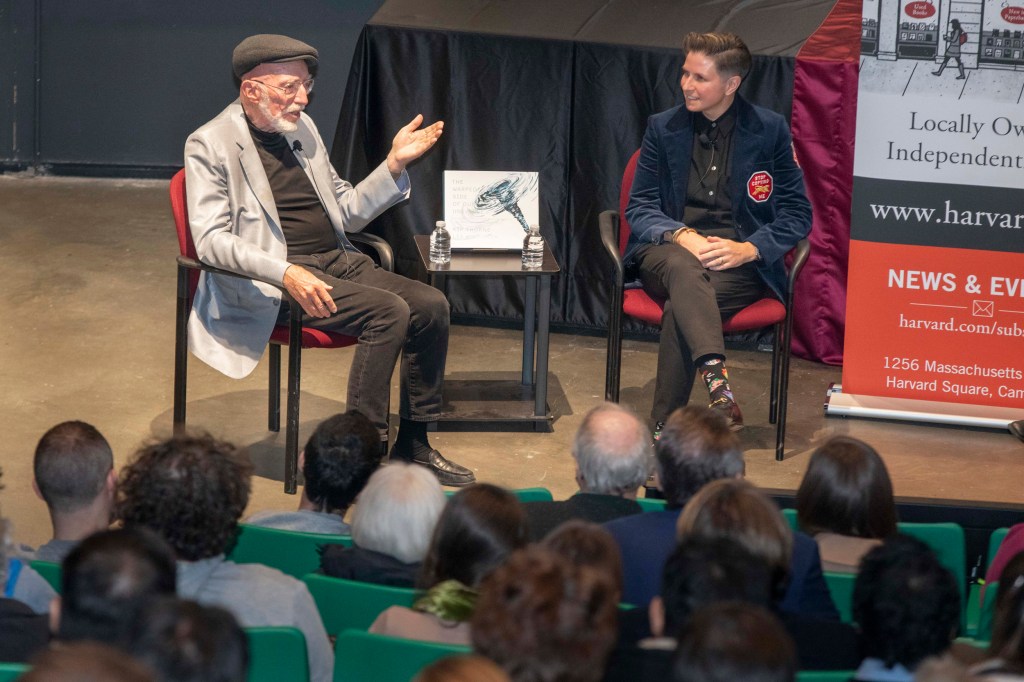
-
Screech owl wisdom
‘Alfie and Me’ ecologist on what he learned as he bonded with bird
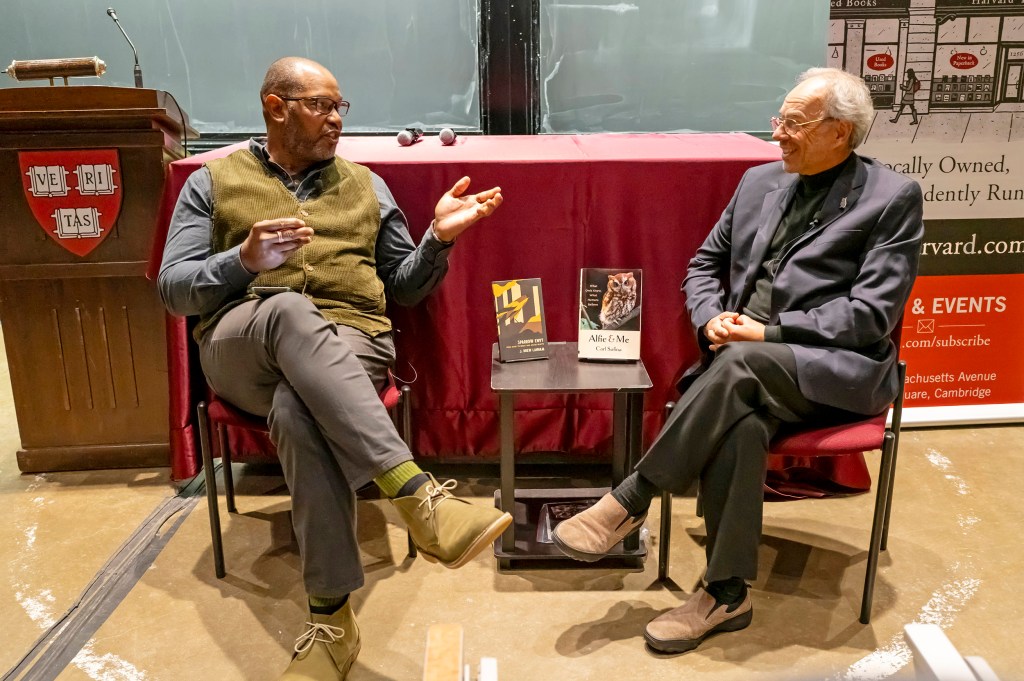
-
How to prepare for a trip to space
Astronauts spend years training for missions. How do commercial travelers get ready?
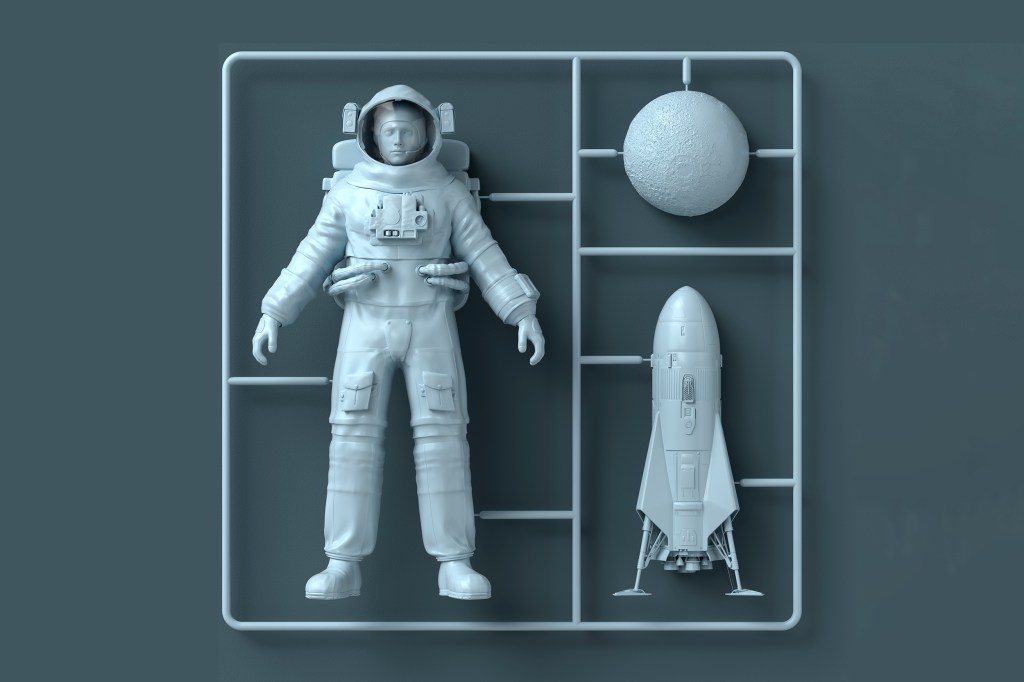
-
Cellular atlas guides new understanding of brain
New technology gives voice to pathologic changes in neurodegenerative illnesses like Alzheimer’s and epilepsy.
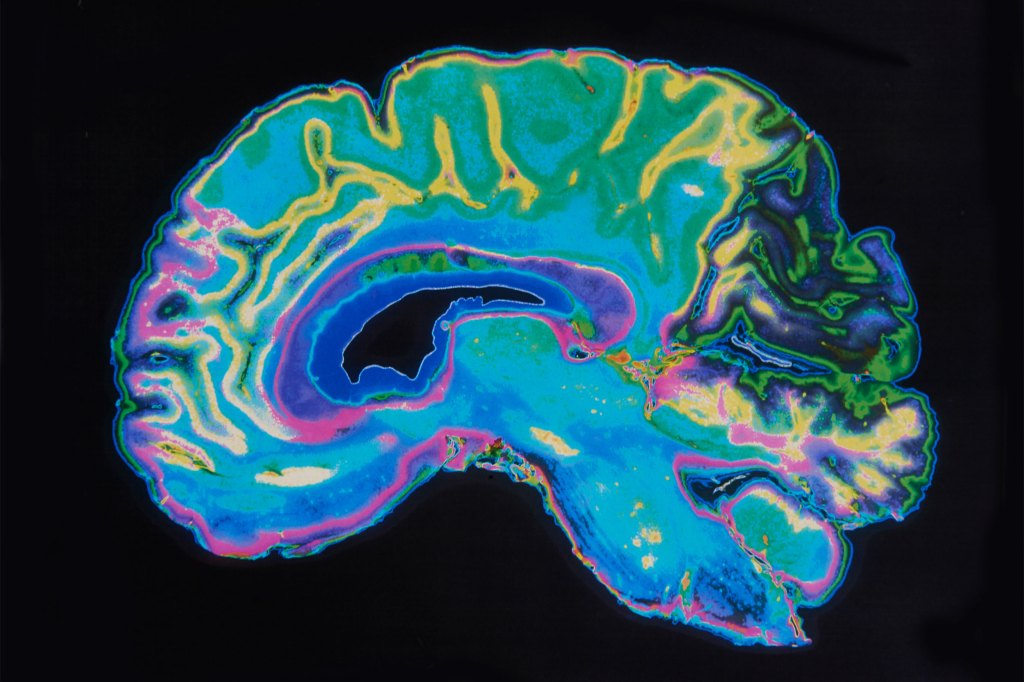
-
Who will fight for the frogs?
Indian herpetologists bring their life’s work to Harvard just as study shows a world hostile to the fate of amphibians.
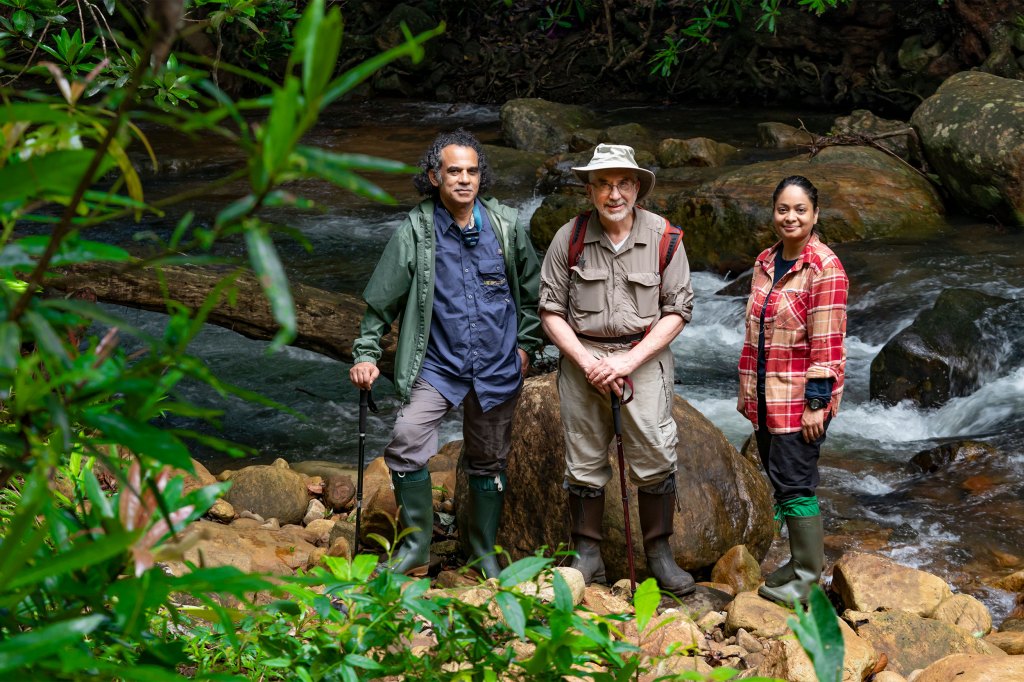
-
When future weather outside is frightful — hot, that is
At the “Future of Cities” event, panelists explained how rising temperatures will impact different economic levels in various parts of world.
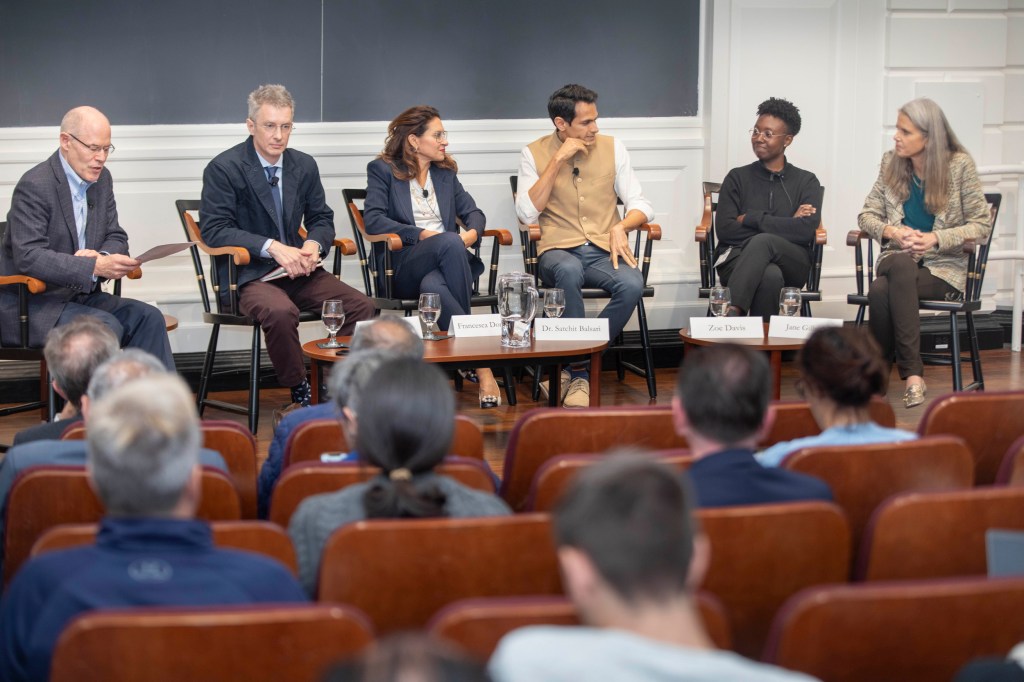
-
A DEEPer (squared) dive into AI
Machine learning techniques give scientists faster returns of high-quality organ images.
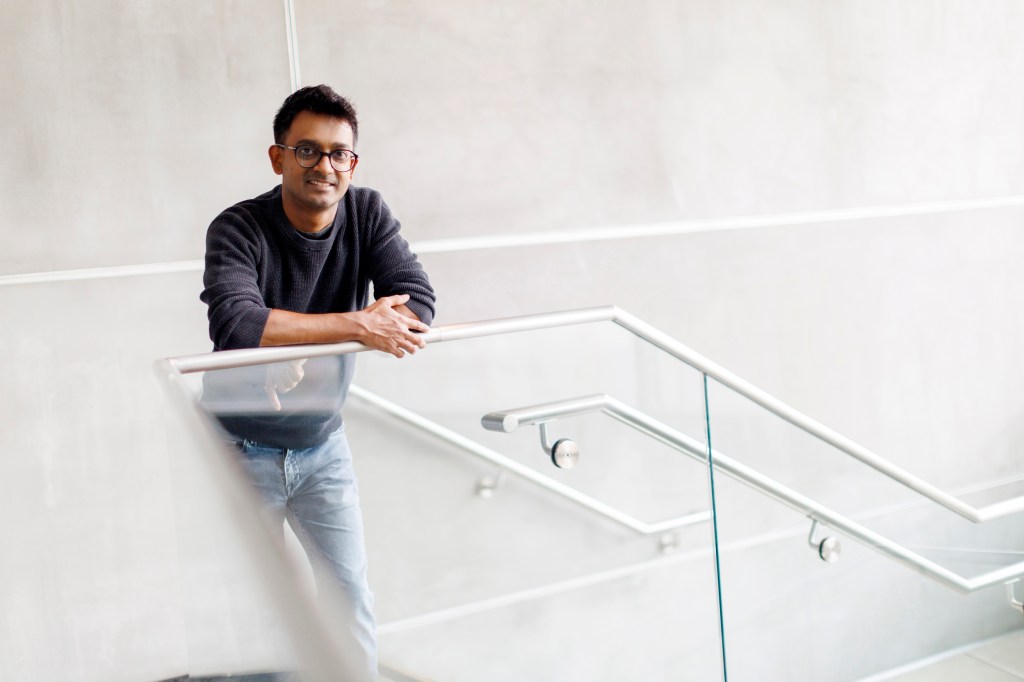
-
More solar energy needed, but clearing forests for panels may not be way to do it
Harvard-led analysis suggests incentives to save carbon-absorbing trees, siting projects on rooftops, developed areas.

-
Self-correcting quantum computers within reach?
Harvard team’s method of reducing errors tackles a major barrier to scaling up technology.
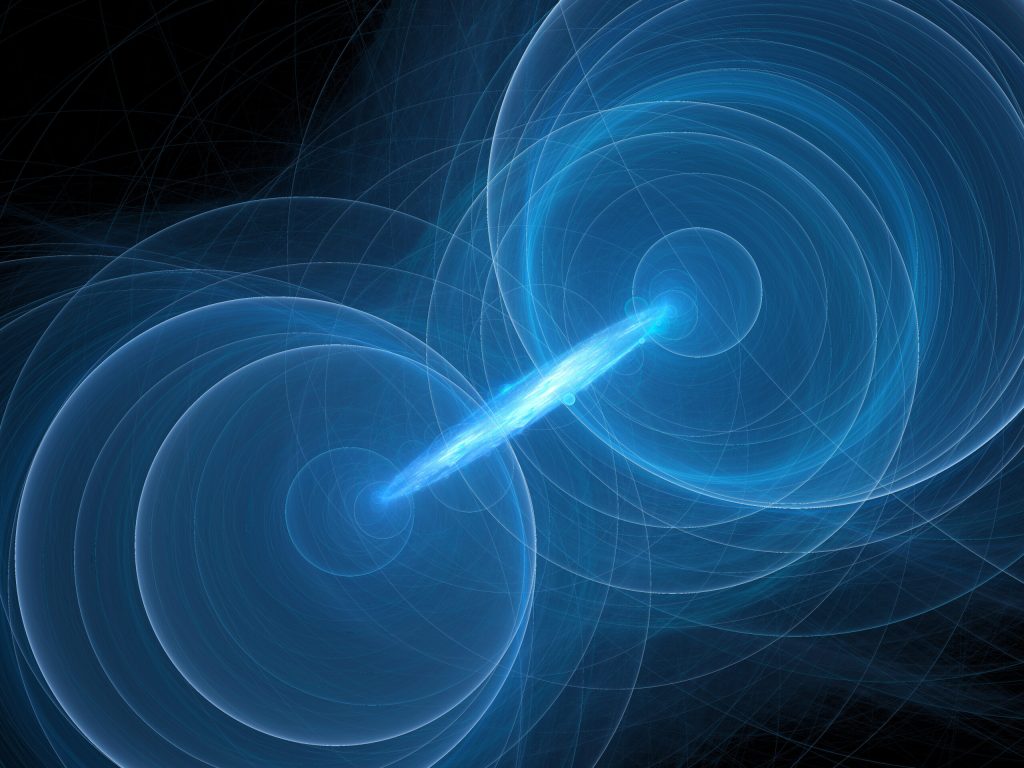
-
Staying ahead of virus mutations
EVEscape uses evolutionary and biological information to predict how a virus could change to escape the immune system.
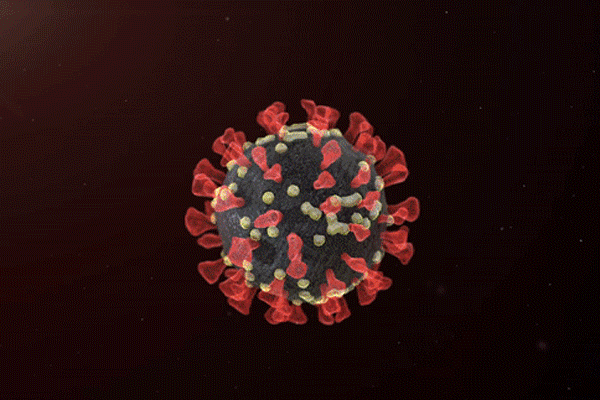
-
Finding explanation for Milky Way’s warp
The Center for Astrophysics | Harvard and Smithsonian’s results bolster hypothesis of how galaxy evolved.
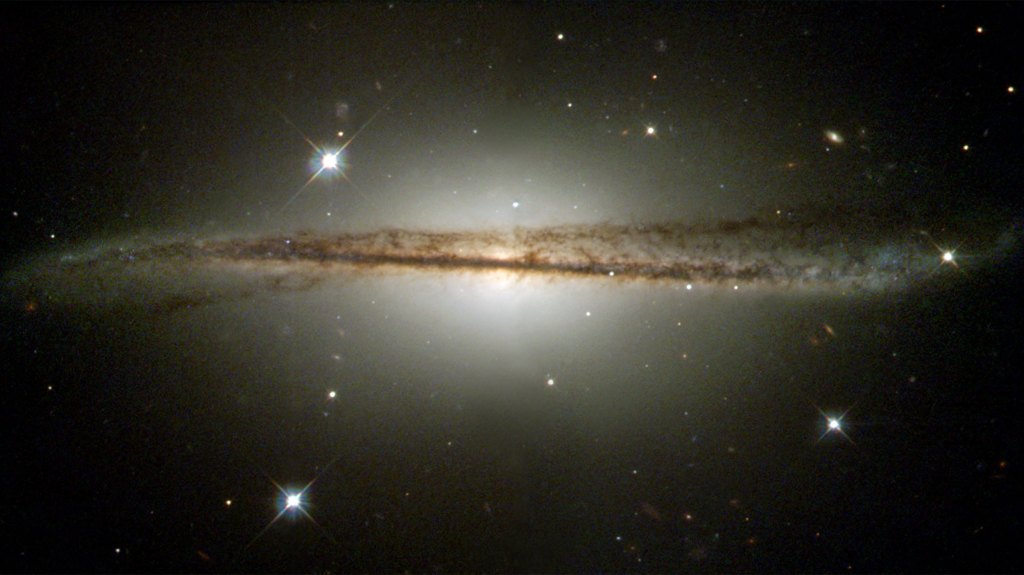
-
Human brain seems impossible to map. What if we started with mice?
Harvard-led project seeks to create the first comprehensive diagram of every neural connection.
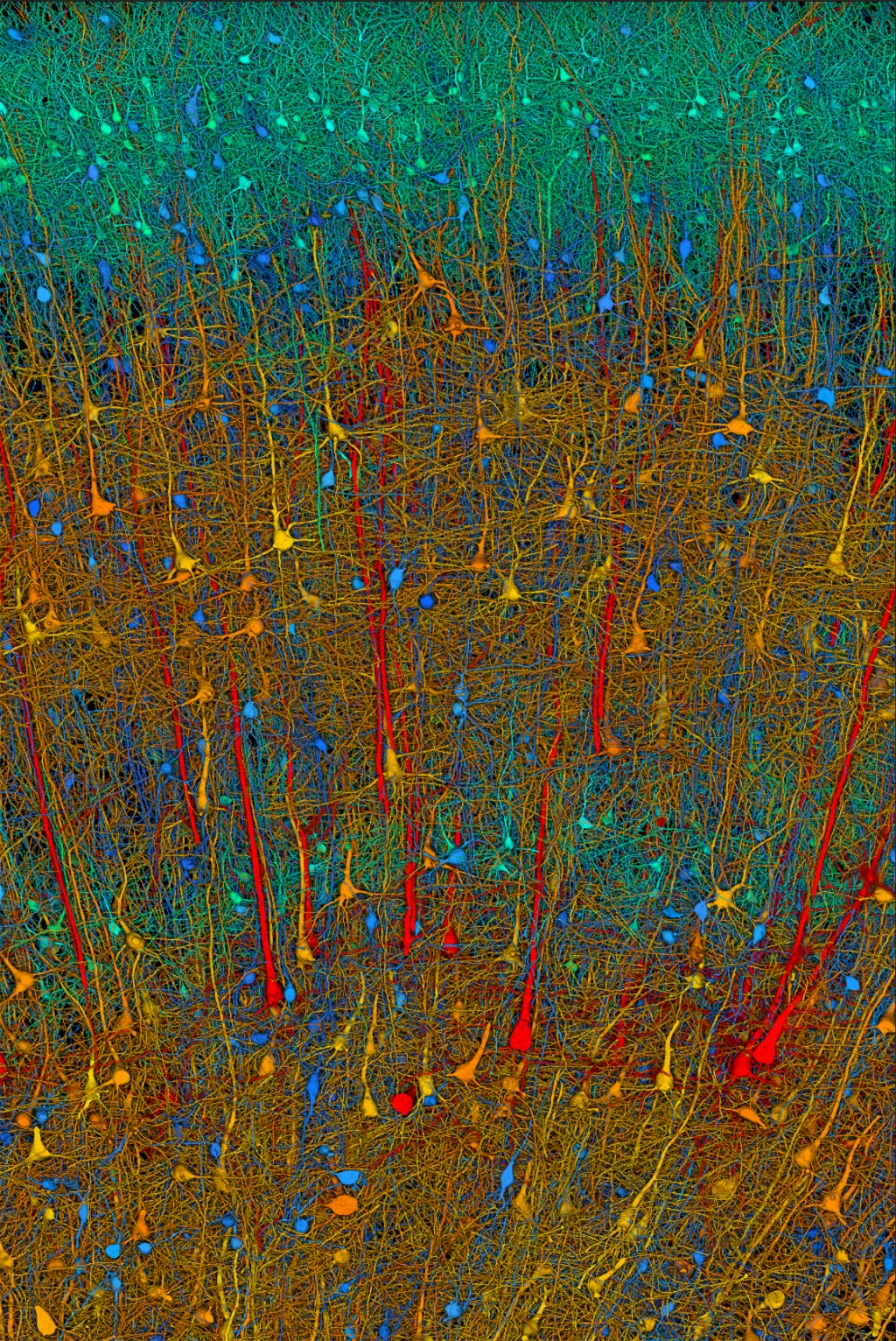
-
On the road to smoother EV charging — and hopefully, greater adoption
New Salata Institute-led program aims to grow, improve infrastructure for longer trips, those who can’t charge at home.
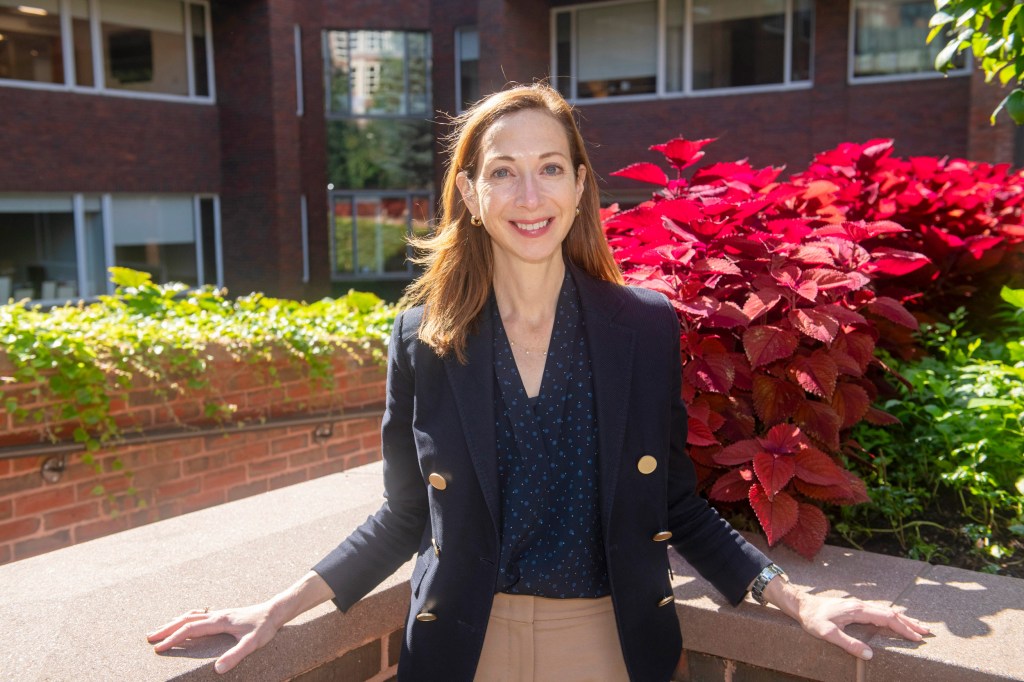
-
A COVID cure worse than the disease?
Some worry a treatment that kills SARS-CoV-2 by helping it mutate could spawn a super virus. New research weighs in on its “evolutionary safety.”
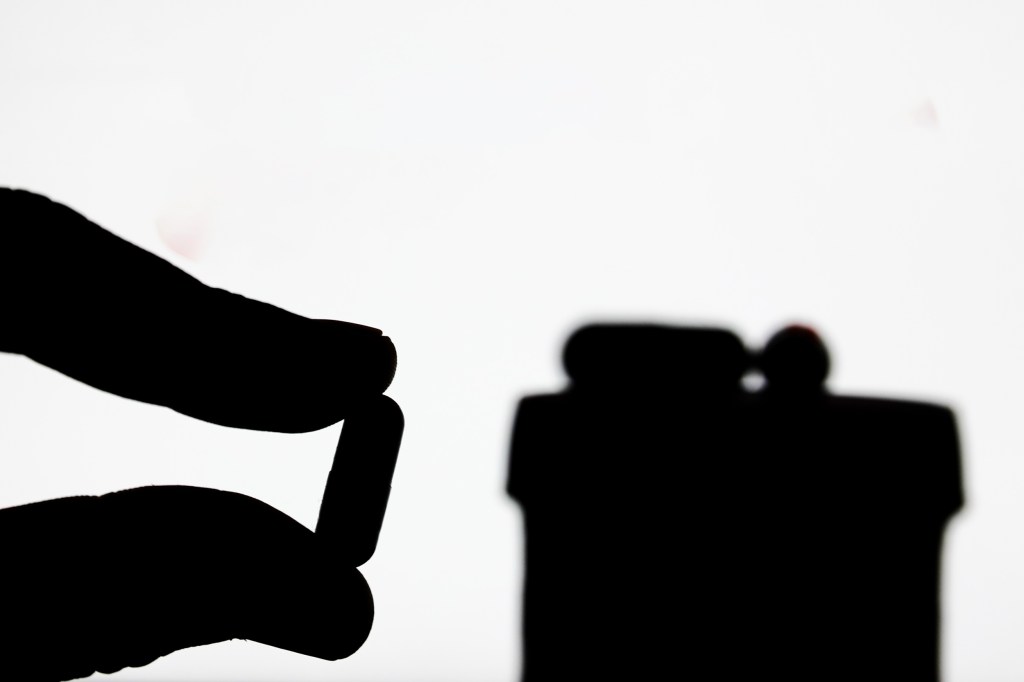
-
14 projects confronting climate change win Salata Institute grants
Plant-based buildings, greener AI, and a national agroforest are just a few of the solutions researchers are teaming up to explore.

-
Wildfires are much worse than a sign of climate change
Loretta Mickley, a Harvard wildfire expert, says wildfires are not just a symptom of climate change, but with the increased burning of millenia-old global peat stores, have the potential to worsen warming.

-
Science no longer intimidates her. Neither do sharks.
Summer research program breaks down barriers for undergraduates with disabilities.
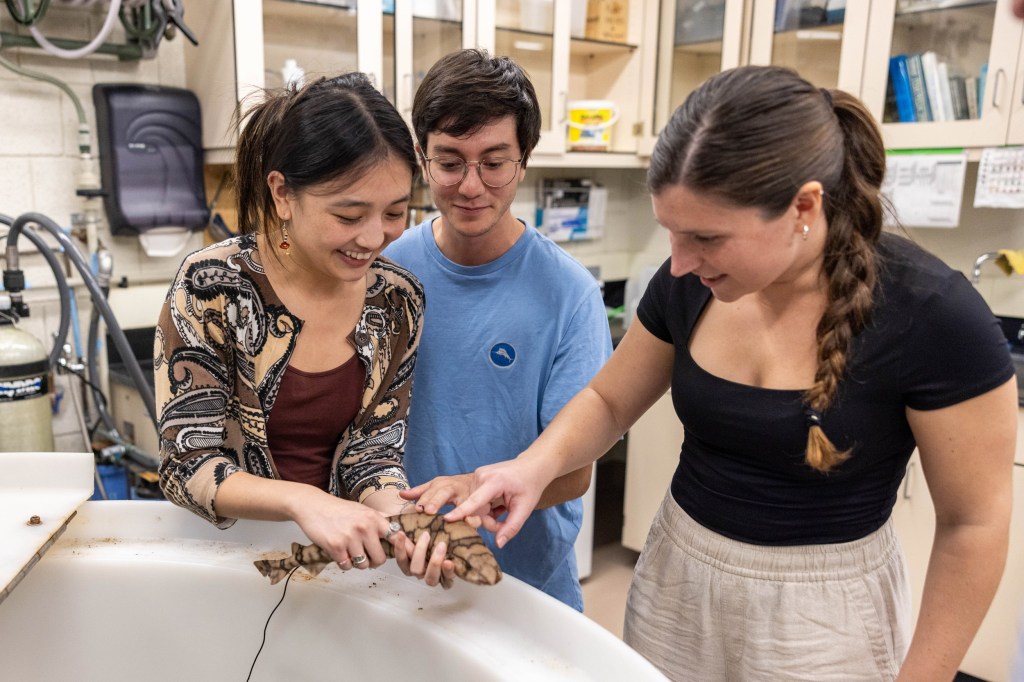
-
After capturing image of black hole, what’s next?
New Center for Astrophysics mission aims for closer look at photon rings and insight into nature of space and time.
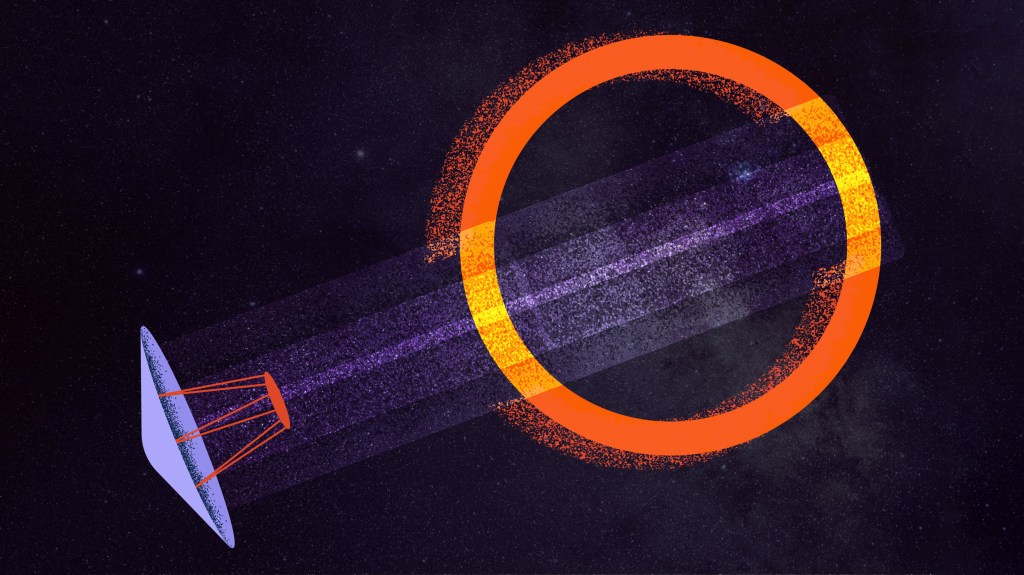
-
Climate change, global hunger: What to do?
Black holes, warming seas, new treatments for disease. Understanding the context — not to mention the technical jargon — can be a challenge.
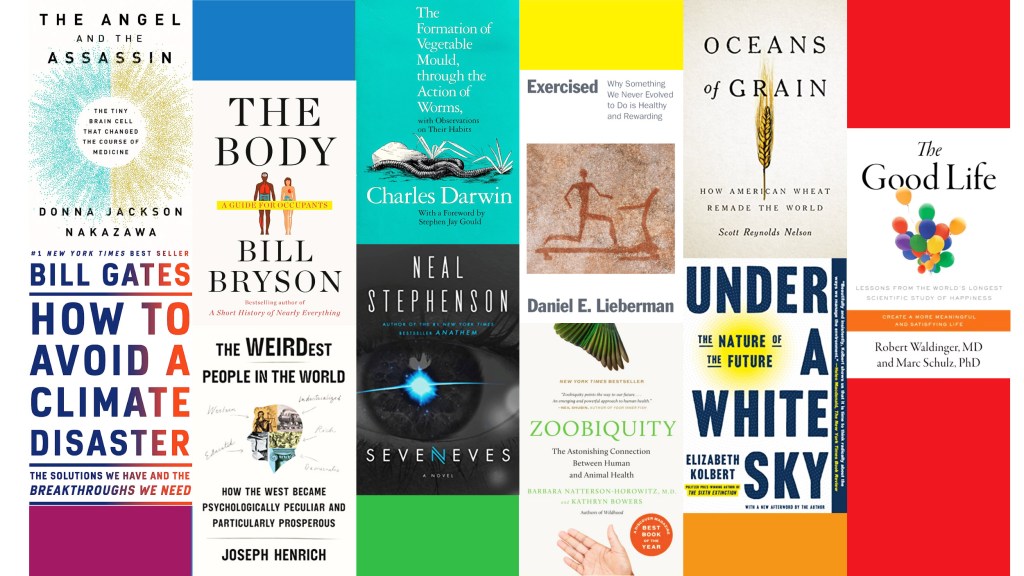
-
Making the immense graspable
A talk with Andrew Pontzen, author of “The Universe in a Box: Simulations and the Quest to Code the Cosmos.”

-
In the doghouse — at the White House
Reports surface of aggressive behavior but canine expert says there may be understandable reasons.
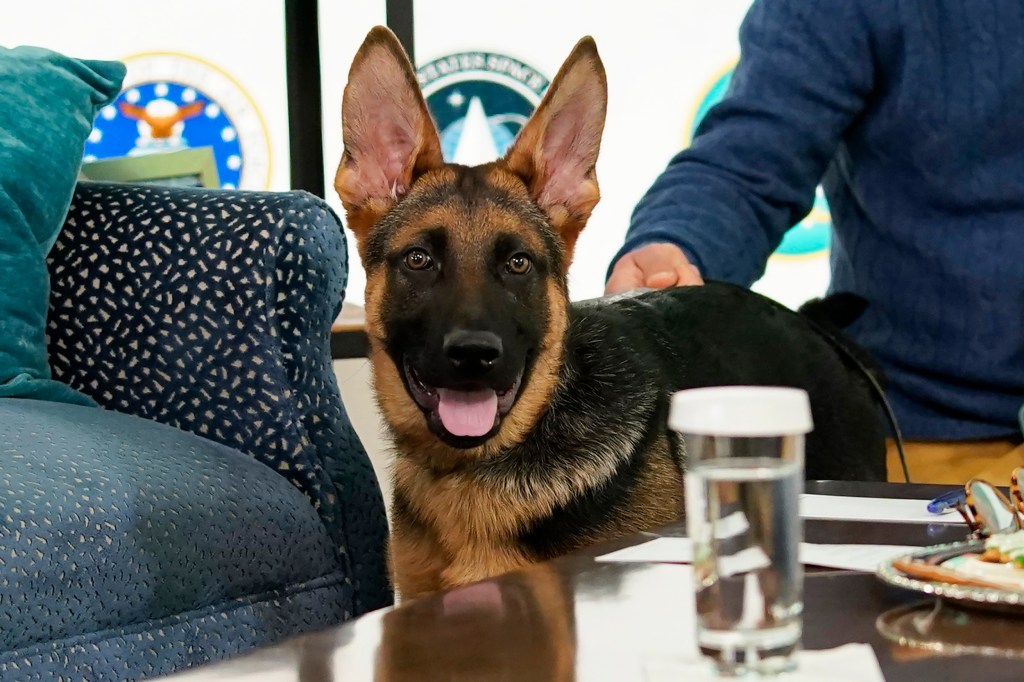
-
Can you be close without sex?
Healthy intimate relationships vary but share one key feature, says psychologist

-
Making algorithm used in AI more human-like
Researchers used fMRI to test ideas about complex decision-making.
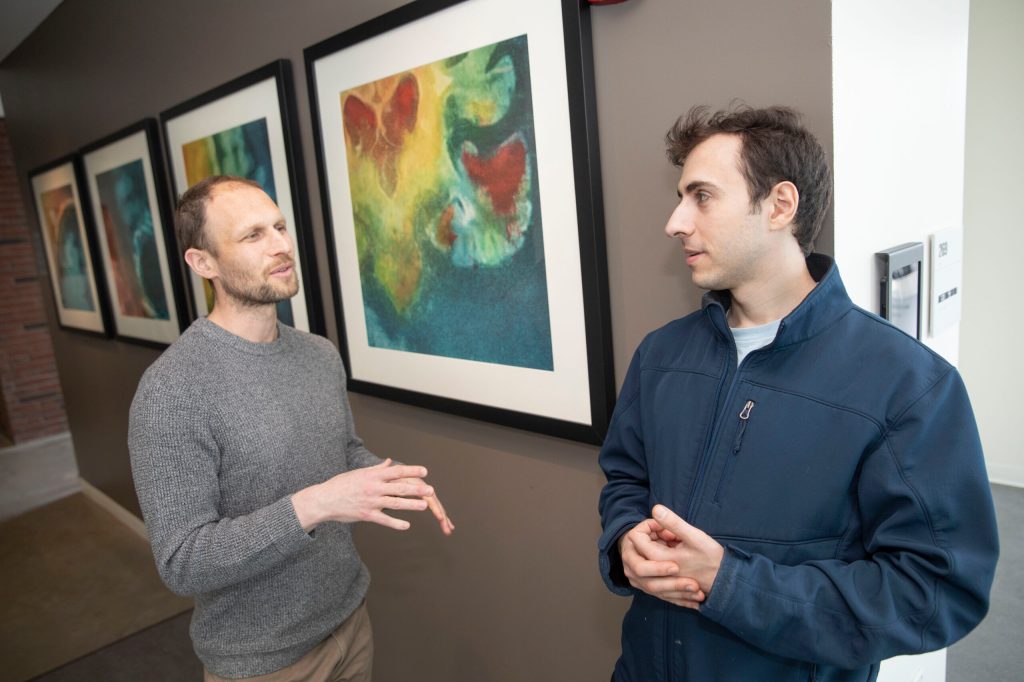
-
Life on Mars?
A study of magnetic fields suggests the Red Planet held water for longer than previously believed.
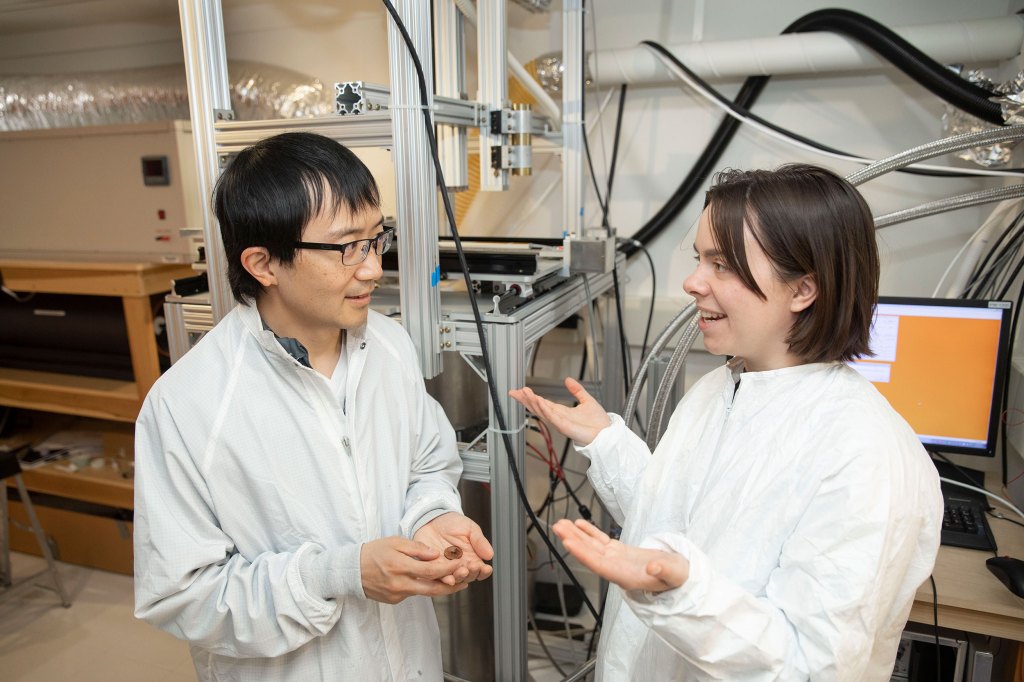
-
500-million-year-old fossil reveals new secrets
A new discovery, named Megasiphon thylakos, offers surprising insights on the evolution of tunicates.
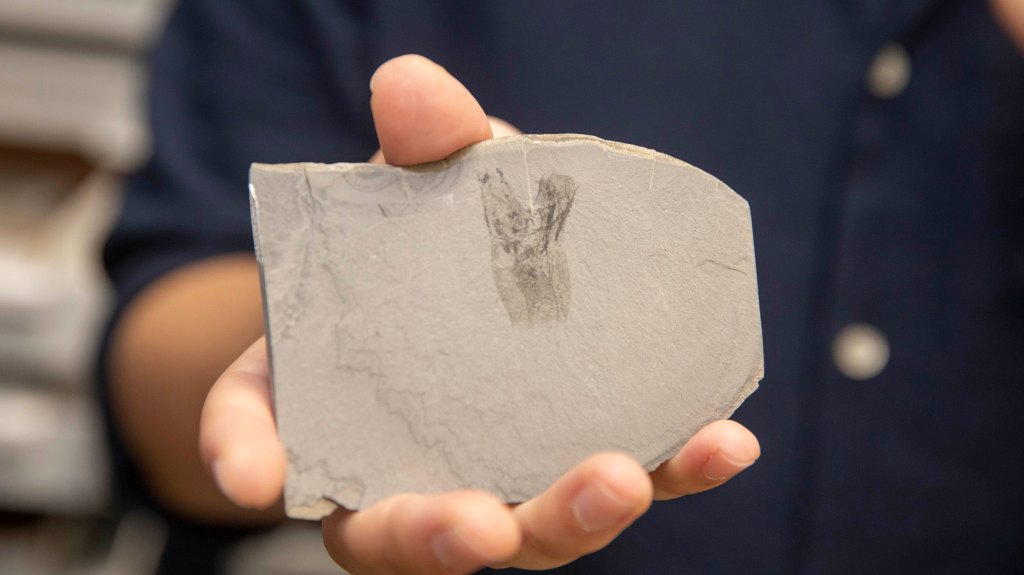
-
5 reasons you crack under pressure
“Managing Conflict Mindfully” author outlines why even experts get in their own way sometimes, and how to stop.



